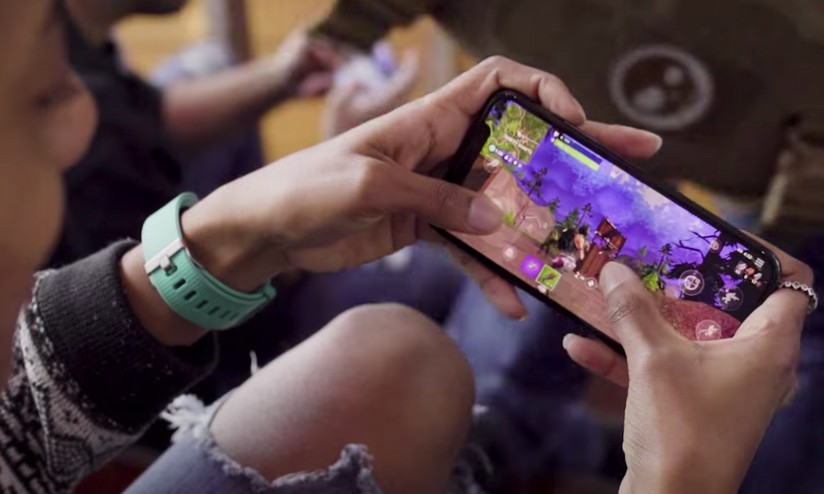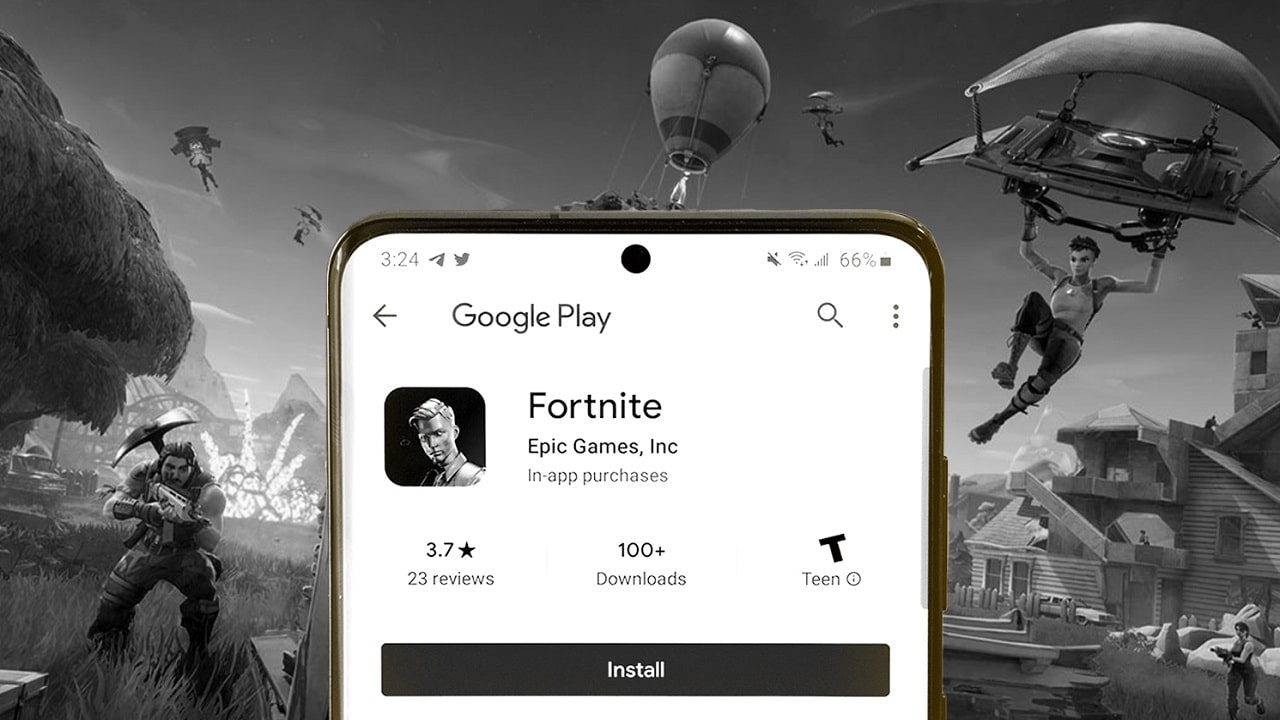New sections uncensored of the antitrust complaint of Epic Games against Google reveal new details on the matter. Let’s find out all the details together.
Epic Games vs. Google: the battle continues

According to the new text, as of 2019, Google has operated a “Premier Device Program”. This program gave the Android phone manufacturers a higher share of revenue of research. In return, the OEMs agreed to ship their devices without any pre-installed third party app store.
They followed a rule that prohibited the use of “apps with APK install privileges” without Google’s approval. This left the Play Store as single integrated digital market for software.
As noted by Leah Nylen, products that qualified as a Premier device would receive a share of the 12% of revenue Google search compared to8% they would normally have earned. Google has sweetened the deal further for companies like LG e Motorola, offering them between the 3 and 6% of what customers have spent in the Google Play Store on their devices.
“Google’s Premier Device Program was not publicly known and was not known to Epic before Google recently began producing documents relevant to this controversy,” Epic’s lawyers wrote in the lawsuit. Google tried to hide its anti-competitive conduct more restrictive.
In fact, there is a provision in the agreements that limit signatories from making “any public statements regarding the agreement without the prior written approval of the other party”. The complaint continues to paint the Premier Devices Program as a resounding success that has only further solidified the dominance of the Play Store.
By May 2020, many of the largest Android OEMs had accepted the exclusivity of Google Play for most of their new Android devices. Motorola and LG have both committed almost everyone (98% e 95%) their devices in the Premier program.
The giant Chinese conglomerate BBK – which manufactures and sells a range of Android devices under its Oppo, Vivo and OnePlus brands, among others, had designated around the 70% of its new devices as “Premier”.
Other companies like Sony (50%) e Xiaomi (40%) weren’t that busy with the program. Still, Epic claims in its complaint that the program does indeed have tipped the scales against third party stores on Android.
Another public section of the complaint shows how rare it is for people to venture out outside the walls of the Play Store. A 2017 Google internal report highlighted the following detail.
App installations through channels other than Google Play (including direct downloads and competing app stores) amounted to a mere 4.4% of Android app downloads in the US.
La misteriosa partnership Android-iOS
Epic v. Google docs also reveal a few amazing details its a private meeting among the former CEOs of Google e Apple.
Epic’s complaint against Google mentions that the two tech companies they maintain a close relationship, further reducing Google’s incentive to compete, innovate and invest in app distribution because it benefits from cooperation with its “competitor” Apple.
The statement is followed by details of a 2010 meeting between Larry Page e Steve Jobs. On that occasion it seems that the two talked about one “partnership” tra Android e iOS. “There will always be places where we compete and places where we cooperate,” Page told Jobs, presumably in the context of having similar developer policies.
The complaint further accuses Google and Apple of being “welcoming duopolists”, offering identical terms to developers and changing those terms in tandem instead of truly competing with each other. To this end, the document refers to some notes collected after a meeting between top executives from Google and Apple.
“Our vision is that we work as if we were one company”, reads an excerpt from the notes.















Leave a Reply
View Comments